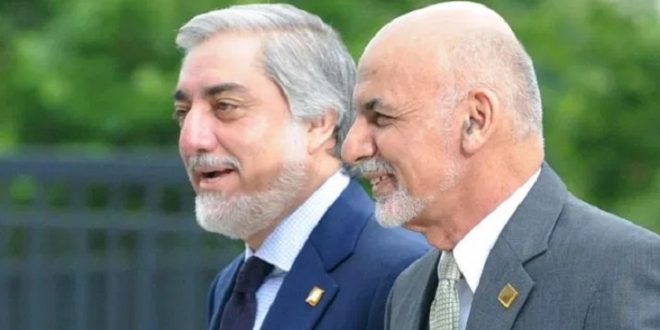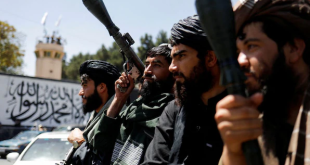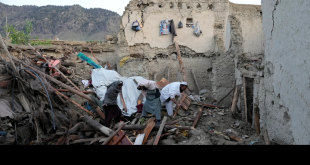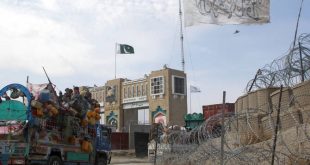AT News
KABUL: Abdullah Abdullah has unveiled a plan for a prospective partnership government and handed it to president Ghani – a blueprint which has sown dissension among his staunch supporters.
The plan seeks to establish Abdullah as the head of the Supreme Peace Council based on a political agreement and a 50% share in cabinet and independent institutions – noting that Ghani cannot sack ministers introduced by Abdullah or if he could, Abdullah’s camp would replace them.
Abdullah’s deputies will be Cabinet members as special representatives of the Supreme Peace Council.
Sources privy to Abdullah’s camp are hinting at an emerging dissent among his supporters on the proposed plan, which is seen as an existential threat to the ongoing middling attempts to end the political rift.
The bone of contention is whether or not Abdullah should accept Ghani’s offer. An overarching majority want him to accept the leadership of the Supreme Peace Council and a 50% power-sharing that comes with it. Yet, some insist election results be revoked and a prime ministerial government be formed.
Sources say that Abdullah himself, Mohaqiq, Ahadi, Haji Din Mohamad and some others are in favor of a deal.
The post-election rift between Afghanistan’s political rivals seems nearing an end as Dr. Abdullah’s aides are hinting at the finalization of a plan that would set the motion for a partnership government between him and president Ghani.
Sources privy to Abdullah have said the plan seeks the leadership of the Supreme Peace Council, 50 percent share in cabinet and the authority to appoint some governors. They contend that if this plan is rejected by the president, Dr. Abdullah will push for a second Bonn.
It seems that longstanding mediation bid to reconcile the squabbling leaders holds a slender but propitious promise of rapprochement between the two squabbling leaders. However, president Ghani who may know the plan is believed to be much less likely to nod to a partnership government.
This is as the United States has been pushing for formation of an all-inclusive government in Afghanistan. President Trump has threatened to cut $1 billion in aid to Afghanistan over the political stalemate. He has also been pressuring Afghan leaders to iron out their differences and work for unity and focus on peace negotiations.
 Afghanistan Times
Afghanistan Times




